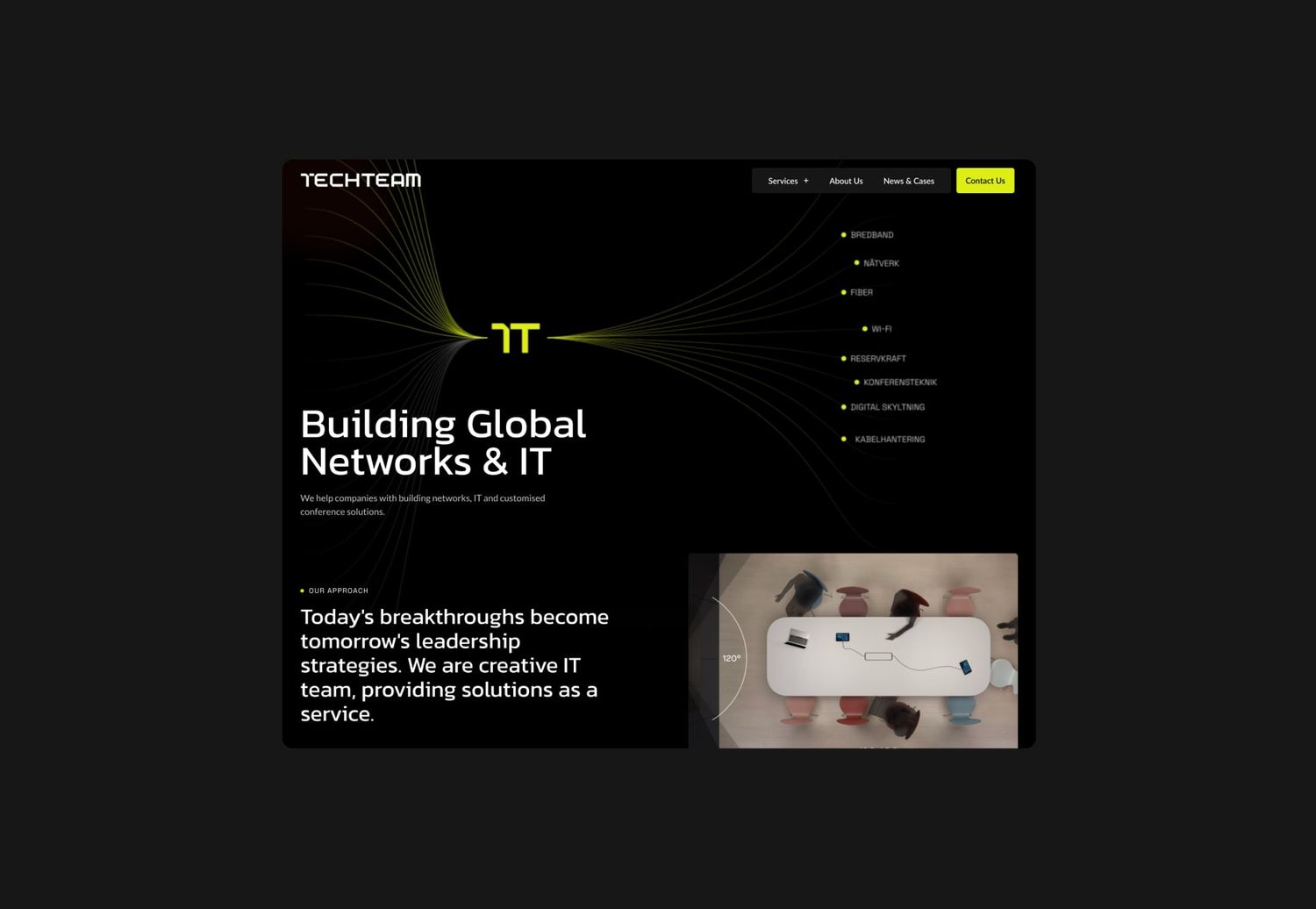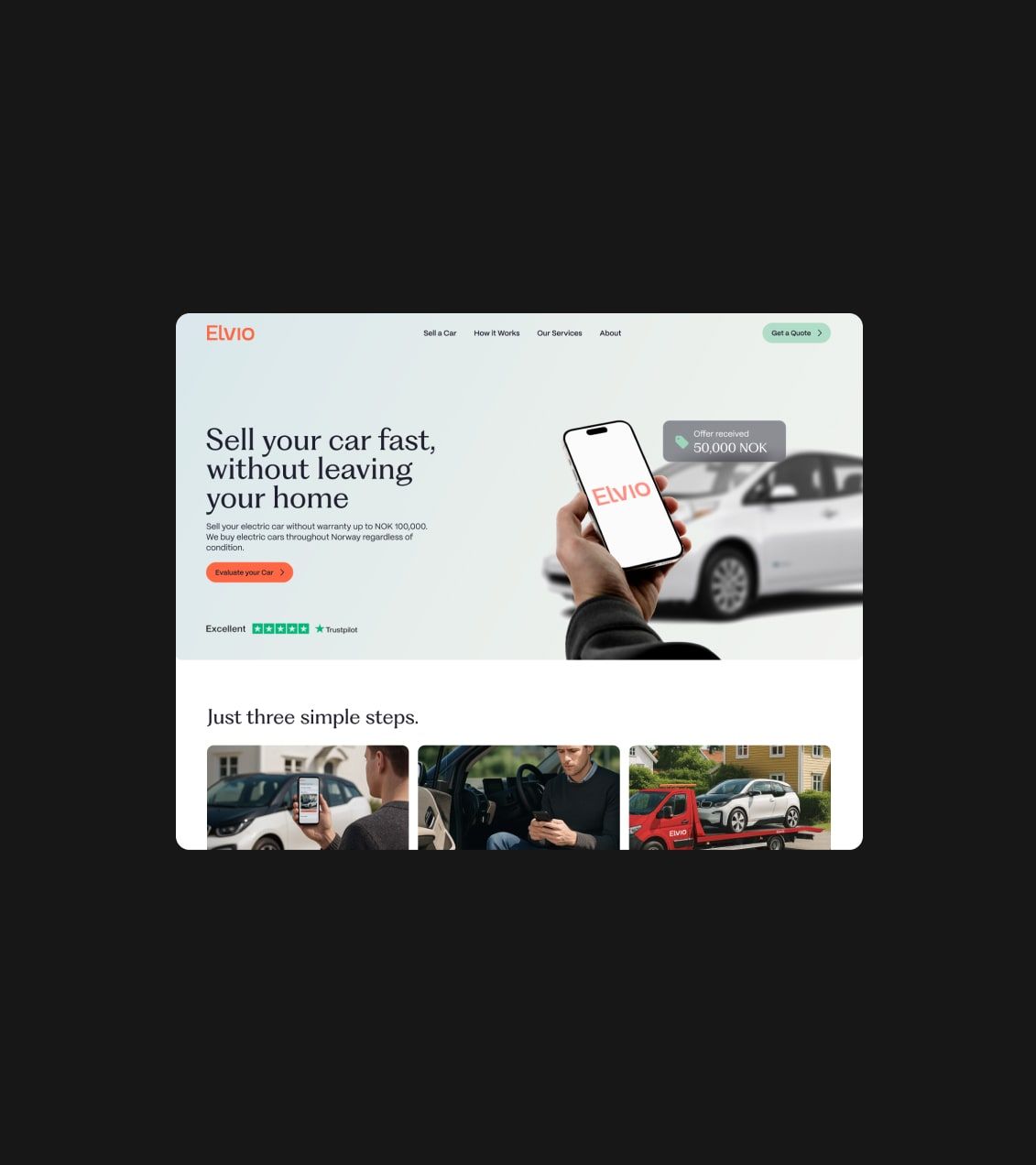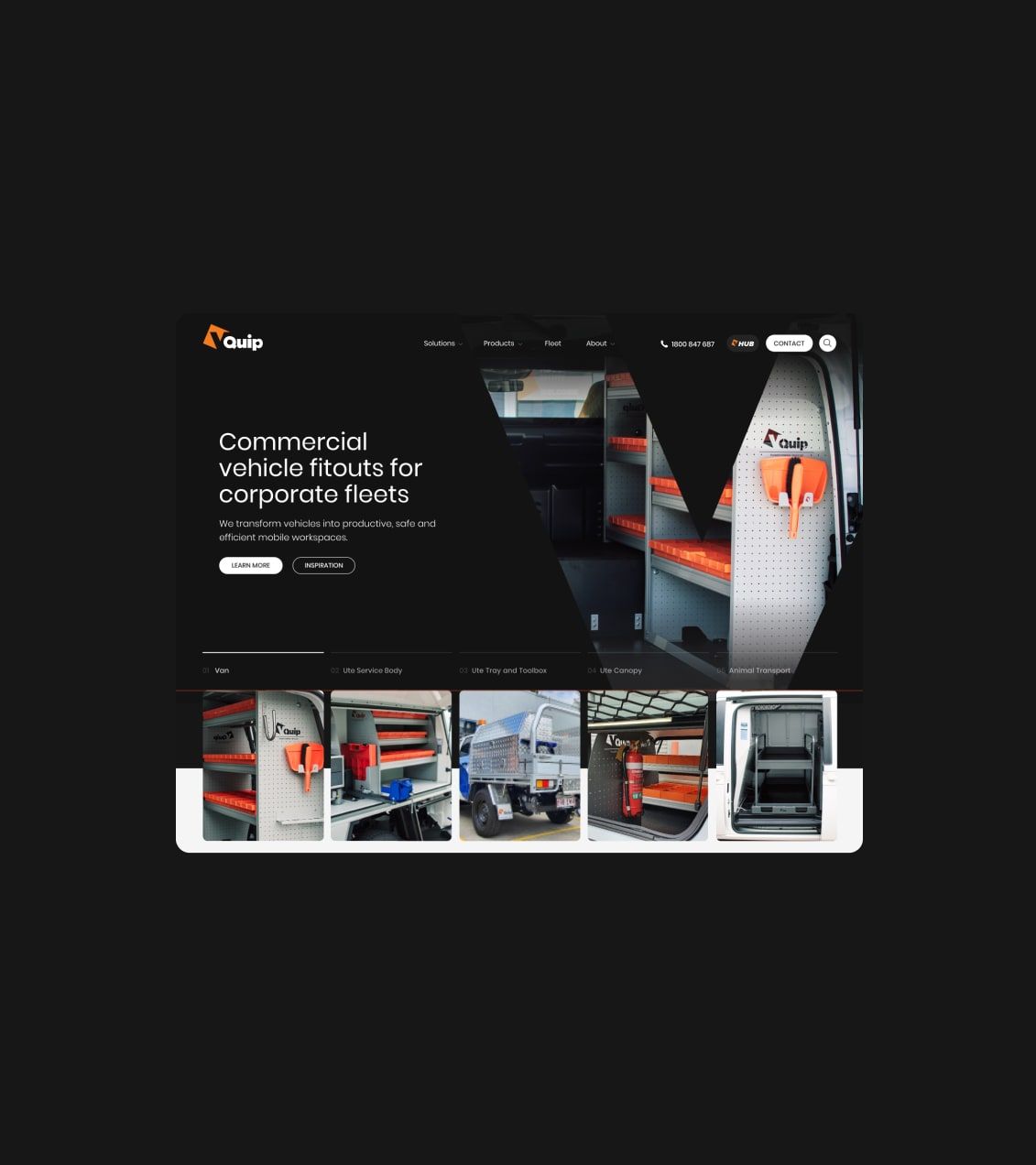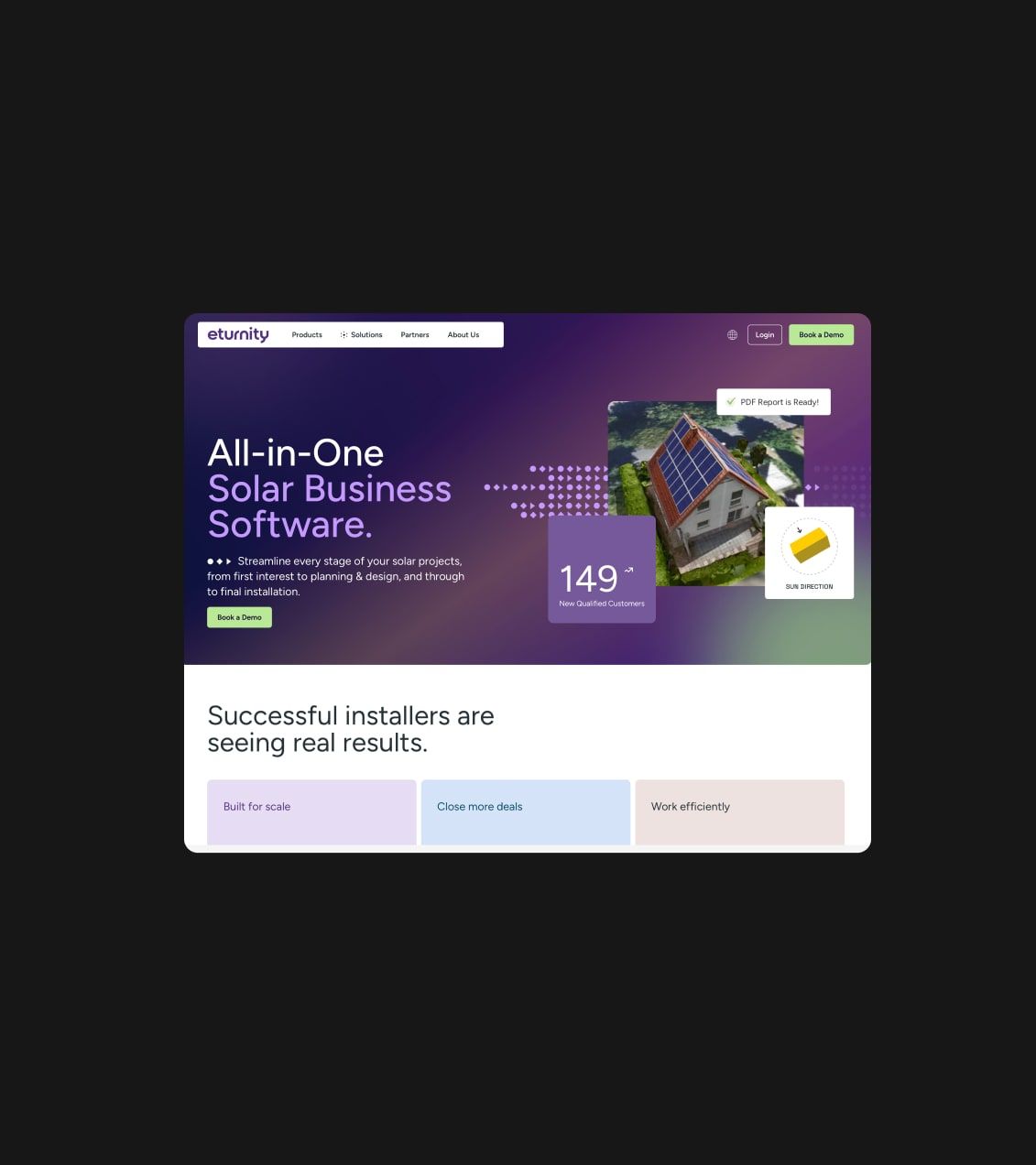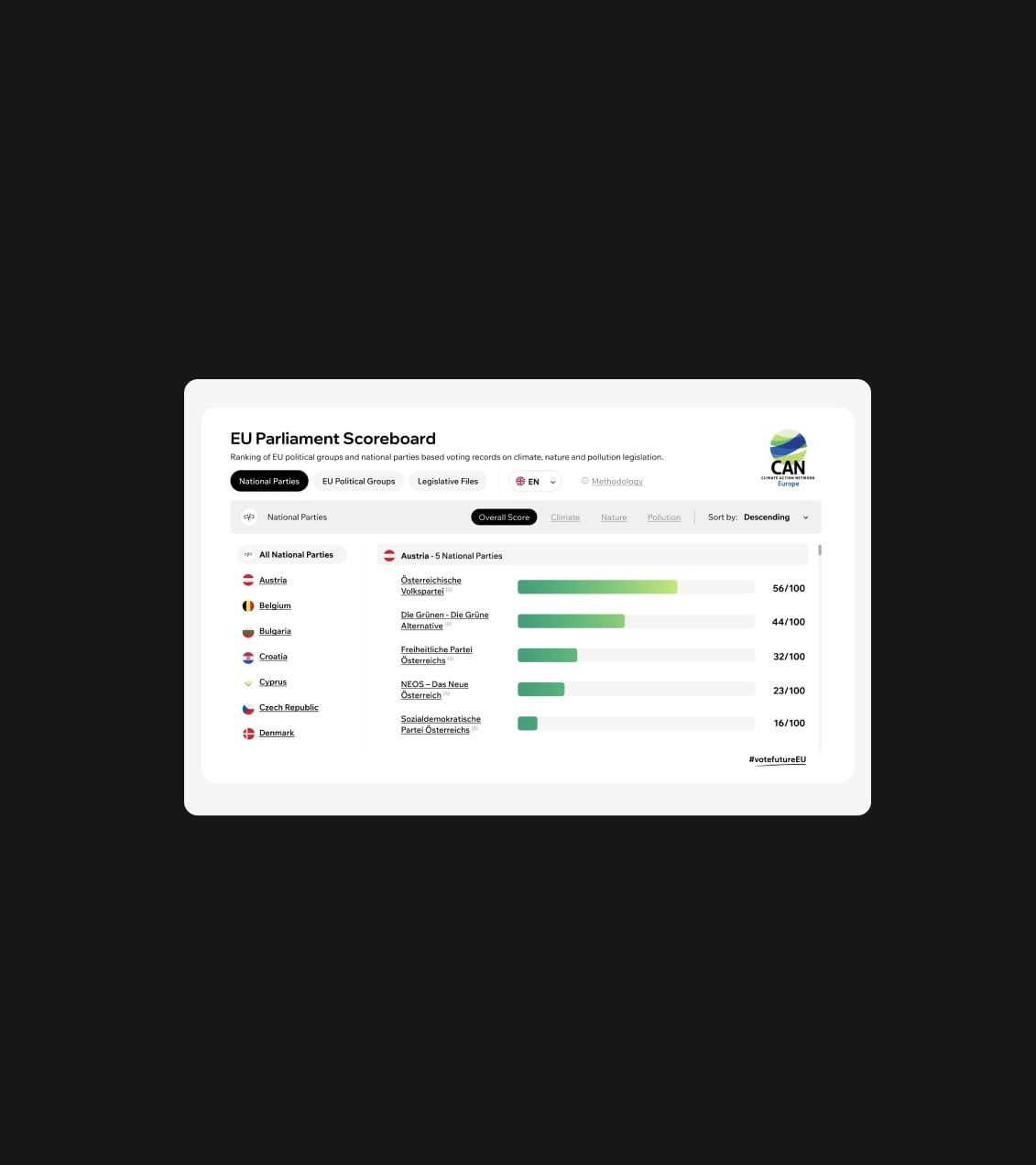
8 easy tips to Improve your Website Security
Social media is the new fronteir for internet marketing. And while it may not feel all that new, it’s only in the last decade that we’ve seen some of the largest advances in this kind of digital technology. Website security is constantly growing and changing, but so is the growing threat of hackers and crypto mining that can occur to your data online.
With the click of a button, a hacker can do more than just gain access to your secure data. They can also operate under your identity by manipulating your curated professional website or social media profiles. They can even utilize the ever-growing Ransomware technology to shut down access to web content until a ransom is paid to the hacker.
Important Tips for Securing Your Website
The expanse of web security is a vast field. There are many ways to protect yourself and your company from cyber attacks, whether from preemptive protection, or knowing what to do in the event of a breach. Below, we will go over some of the most important steps to take in order to ensure that you are protected.
-
Update Software and Libraries
Technology is constantly advancing. This means that each new software development includes new ways to evade hackers and site security breaches. If you are stuck using technology from seven years ago, while hackers have been developing constantly, you are more likely to be the victim of a cyber attack.
-
Use Strong Passwords
Building a secure website has both complicated and simple solutions. No matter the other steps you take, an easy to hack password could be your downfall. Hackers often utilize other information about you in order to find out your password and access your site, so it is important to vary your passwords!
Make sure your password doesn’t utilize your name or other publicly available information. Also ensure that it is somewhat randomized. Mixing numbers and letters with punctuation is a great way to create a unique password.
There are even websites online that will tell you the strength of your password.
-
Use SSL
Encrypted browsers are harder to hack. An SSL is a Secure Socket Layer. It essentially means that the connection between the site and the browser is encrypted. This allows for more safe interactions on the website.
With the SSL certificate, even your clientele or potential clientele will know that the site is more secure, and are more likely to want to conduct transactions or disclose information there.
-
Use CDN
CDN or Content Delivery Network can both increase web performance and protect website users and owners from hackers. Utilizing CDN can allow website owners to control traffic spikes and some can even serve as a firewall against malicious online content that seeks to harm or manipulate your web content.
-
Create Backups
Regardless of whether or not you are able to prevent against hackers, it is always valuable to consider the possibility that they may be able to break through anyway. In this situation, often times the site must be shut down. This means you can lose valuable data stored on the site.
A great way to prepare for the worst is to store all of your data. Create backup files containing your important client information and website content, so that in the event of a breach in site security, you can simply work to take down the old site and erect a new one without losing what you’ve built.
-
Check Website Security with Tools & Trusted Plug-ins
One of the best ways to secure your content online through building a secure website is through the use of the many tools that have been developed by experts to protect against cyber breaches. Install a trusted plug-in to help you check how the encrypted content is working against attackers. In another article we described how you can know when your website is hacked.
-
Use Secure Hosting
Secure hosting means that you can trust your transactions and data with a host that will typically be secured by virus protection, firewalls, and even spam filters. This host will utilize SSL security and DDos protection, meaning they are more apt to prevent against cyber attacks.
-
Use Headless CMS
Headless CMS become popular in 2023 and separates the front-end from the back-end, which reduces the attack surface, unless a traditional CMS, where attackers can exploit vulnerabilities in the front-end, back-end, and the communication between the two. In contrast, with a headless CMS, the attack surface is limited to the APIs that connect the front-end and back-end, which can be secured using high level protocols.
Article Updated: 29 March 2023



